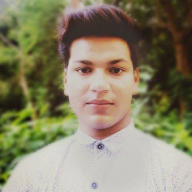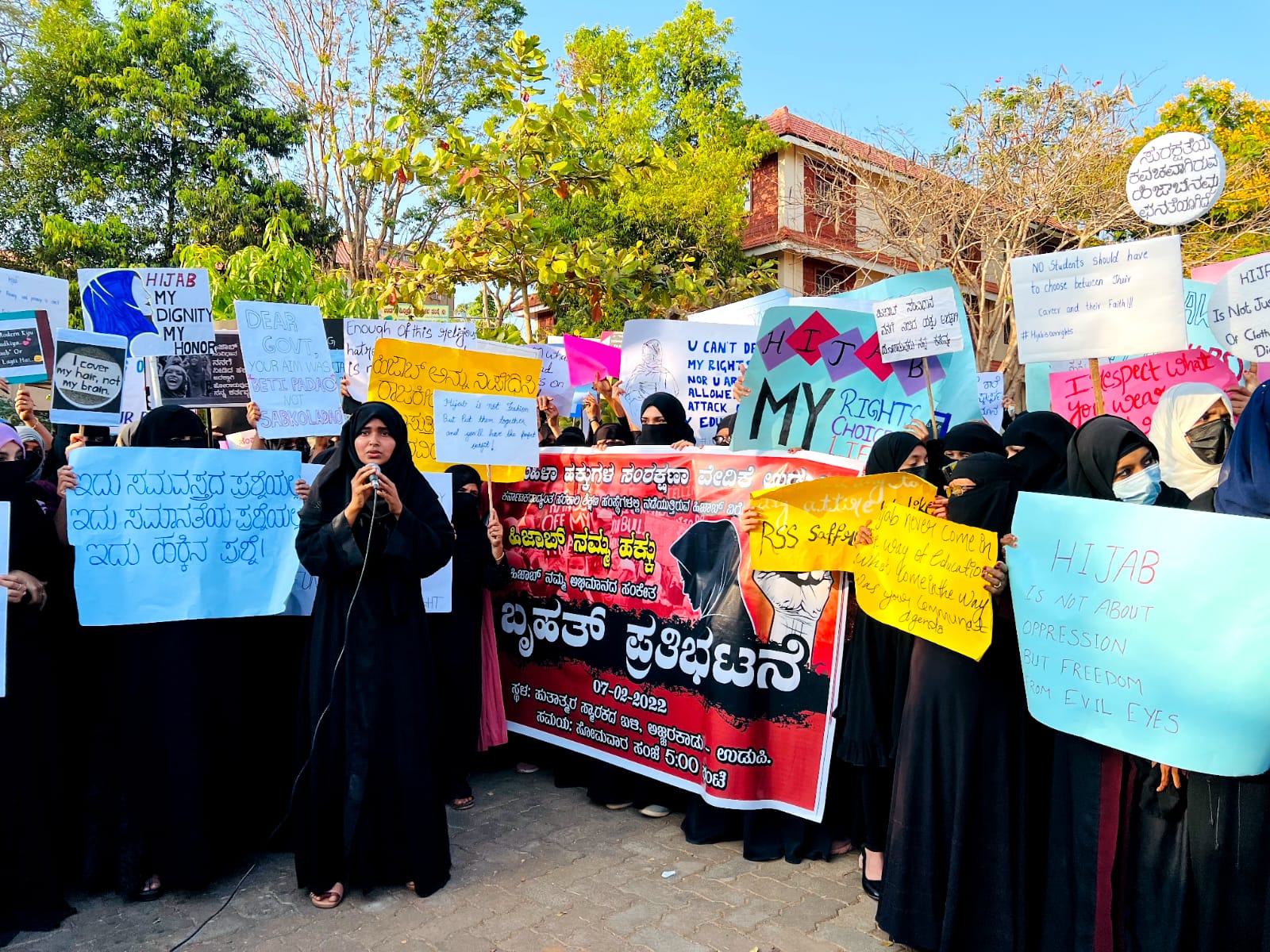In 2022-23, there have been 186 Muslim student enrollments in Udupi’s government PUCs (91 girls and 95 boys), which is almost half compared to 2021-22 number, 388 (178 girls and 210 boys).
Last year the Karnataka High Court dismissed petitions filed by six hijab-clad Muslim students from a Udupi PUC and upheld the Bharatiya Janata Party-led state government’s order to ban hijabs in government educational institutions. The High Court stated that wearing the hijab is not an essential religious practice.
In a special data report by The Indian Express, it is revealed that there is almost a 50% drop in the admission of Muslim students in government pre-university colleges (PUCs) in Udupi district.
Nearly 4,971 students in all categories registered for PUCs in government institutions in Udupi in 2022-23 compared to 5,962 the previous year.
While there is not much change in Muslim students entering pre-university colleges(Class 11) in the district, there is a massive dip in admission to government PUCs.
In 2022-23 there have been 186 Muslim student enrollments in Udupi’s government PUCs (91 girls and 95 boys), which is almost half compared to 2021-22 number, 388 (178 girls and 210 boys).
In 2022-23, private PUCs saw a hike in Muslim admissions with 927 (487 girls and 440 boys) as compared to 2021-22 number, 662 (328 girls and 334 boys).
Many believe that the shift from government to private is due to the recent hijab issue that dominated the early months of 2022.
“The enrollment of Muslim girls in our PU college has almost doubled for the first time. This is a testament to how the hijab issue has actually impacted them personally and academically,” Indian Express quoted administrator of Saliath Group of Education, Aslam Haikady.
Not just females, parents of male students want their children to stay off any issue, especially communal.
However, according to Karnataka’s minister of school education B C Nagesh there is an increase in the overall admissions in PUCs as compared to previous years.
“When it comes to admission of students, we look at the overall students’ trend, irrespective of their religion, caste or creed. We don’t single out a particular community or section of students and assess their admission numbers. Eventually, we want to ensure that we deliver quality education to all students, irrespective of their background. However, if at all there is a dip in the Muslim students’ numbers in Udupi government PU colleges, we will look into it.”
Between 2007-08 to 2017-18, Karnataka saw a steady rise in attendance of Muslim girls attending schools and colleges. The gross attendance ratio (GAR), which is nothing but ratio of Muslim women aged 18-23 years attending colleges to the total number of Muslim women in that age group was 1.1% to 15.8%, according to various state government surveys.
In Udupi’s PU college, the epicenter of the controversy, 41 Muslim girls had enrolled in PUC in 2021-22 of which only 29 graduated to second PU (Class 12). In 2022-23, the college saw 27 new admissions in the same grade.
The college principal Rudre Gowda accepts that the low admission is due to the hijab issue.
“Out of the 12 Muslim girls who did not graduate from first to second PU, only two dropped out because of the hijab issue. Six did not pass the first PU exams. Four were long absentees. As far as the dip in Muslim girls’ enrolment is concerned, there are chances that they would have preferred a college where hijab is allowed or closer to their homes,” as quoted by the Indian Express.
Udupi BJP MLA and president of the college’s development committee Raghupati Bhat maintains that there is no religious discrimination in the district and further went ahead to blame the influence of the now banned Popular Front of India (PFI).
“We are looking at the overall enrolment of girls in our college which is 365 this year, a three-year high. There is no discrimination based on education because of hijab here. We are just ensuring equality by enforcing a common dress code. Moreover, the girls are being influenced by external players like CFI (Campus Front of India) and PFI, who are discouraging them from attending government schools in order to strengthen their case in the Supreme Court,” as quoted by the Indian Express.


